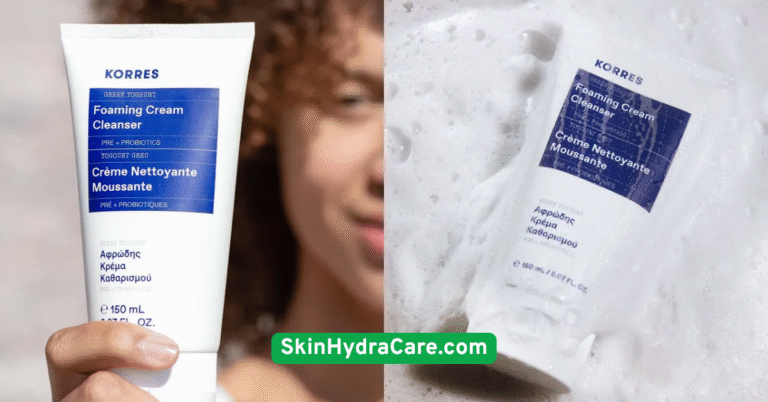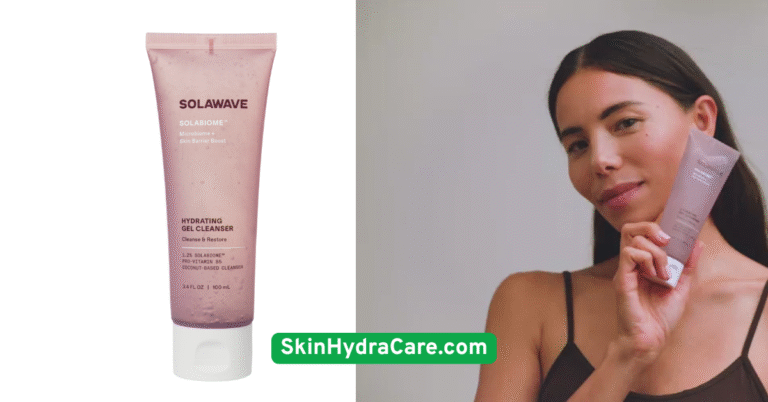30 Soothing Skincare Tips to Avoid Irritation (2025 Guide)
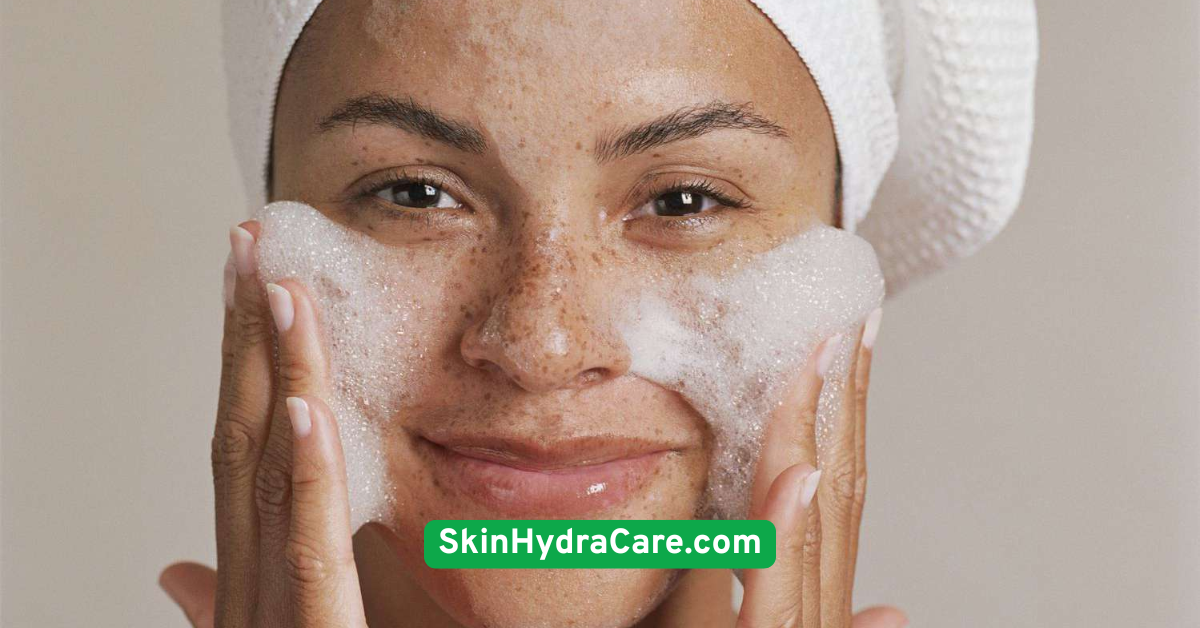
1. Start with a Gentle Cleanser
A harsh cleanser can be your skin’s worst enemy. If your face feels tight or dry after washing, it’s time for a change.Look for creamy or gel-based formulas that are fragrance-free and sulfate-free. Ingredients like glycerin, ceramides, and aloe vera are perfect for cleansing without stripping your skin’s moisture. And always use lukewarm water—never hot—to avoid further irritation.

2. Use a Fragrance-Free Moisturizer
Fragrance might smell lovely, but it’s a top irritant in skincare. Choose a moisturizer specifically labeled as fragrance-free and hypoallergenic.Opt for products rich in ceramides, colloidal oatmeal, or shea butter, which restore and protect your skin barrier. Apply right after cleansing to lock in hydration.
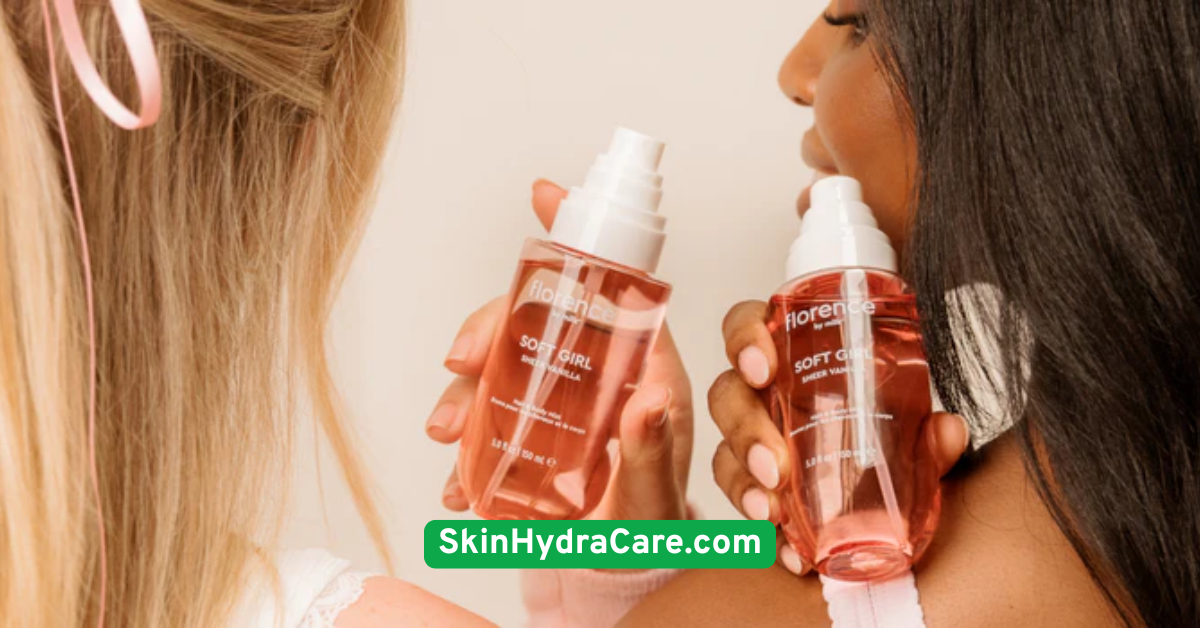
3. Patch Test New Products
This step is often skipped but can save your skin from weeks of discomfort. Before using any new product, test it on a small patch of skin—like your jawline or inner arm.Wait 24–48 hours. If there’s no redness, itching, or swelling, it’s probably safe to proceed. This is especially important when trying active ingredients like retinol or AHAs.
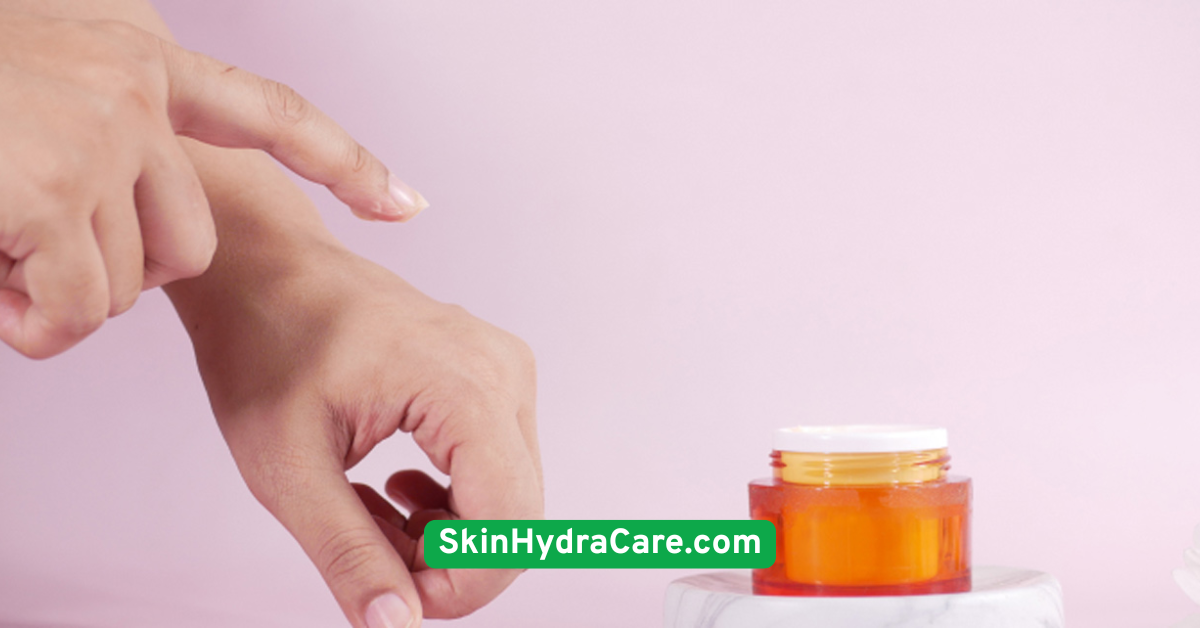
4. Skip Alcohol-Based Toners
Alcohol might feel refreshing, but it strips away natural oils and dries your skin. Ditch the stinging toners and go for hydrating mists with rose water, glycerin, or green tea extract.Your skin will thank you with less redness, more plumpness, and fewer dry patches.
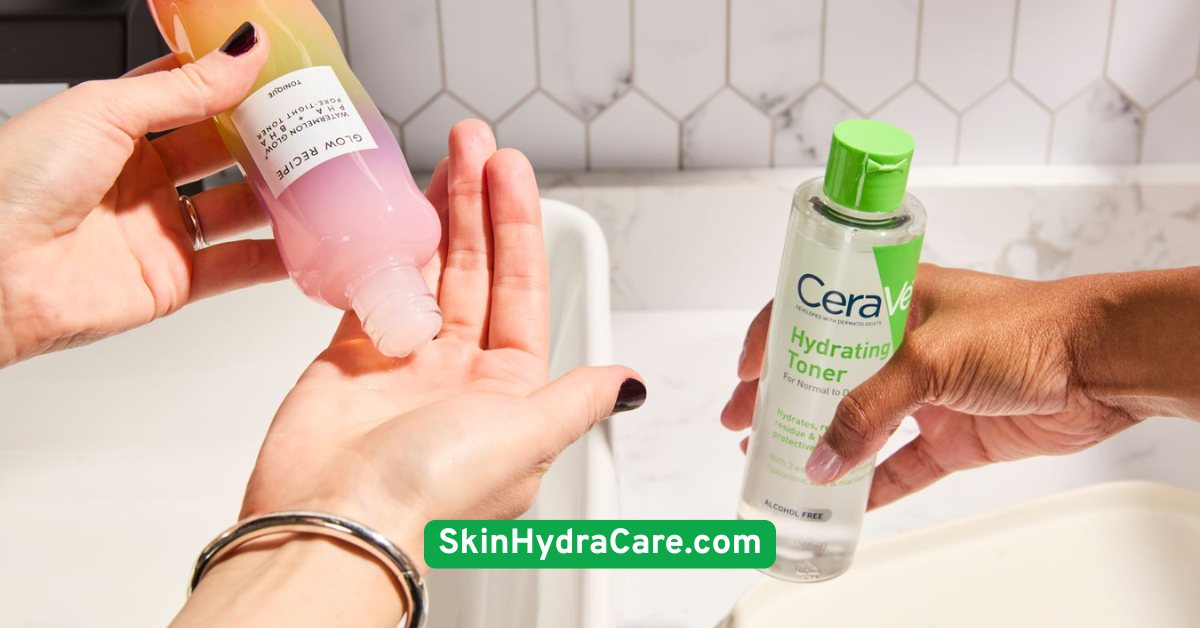
5. Stick to a Simple Routine
In the world of 10-step routines, simplicity is revolutionary. Sensitive skin thrives when fewer products are used.Stick to the basics: a gentle cleanser, a moisturizer, and sunscreen. Extras like serums or masks should only be added once your skin feels stable.

6. Try a Barrier Repair Cream
Your skin’s barrier is its natural defense line. When it’s compromised, irritation skyrockets. Use creams rich in niacinamide, panthenol, and fatty acids to support repair.These ingredients help reduce redness, sensitivity, and water loss—essential for glowing, calm skin.
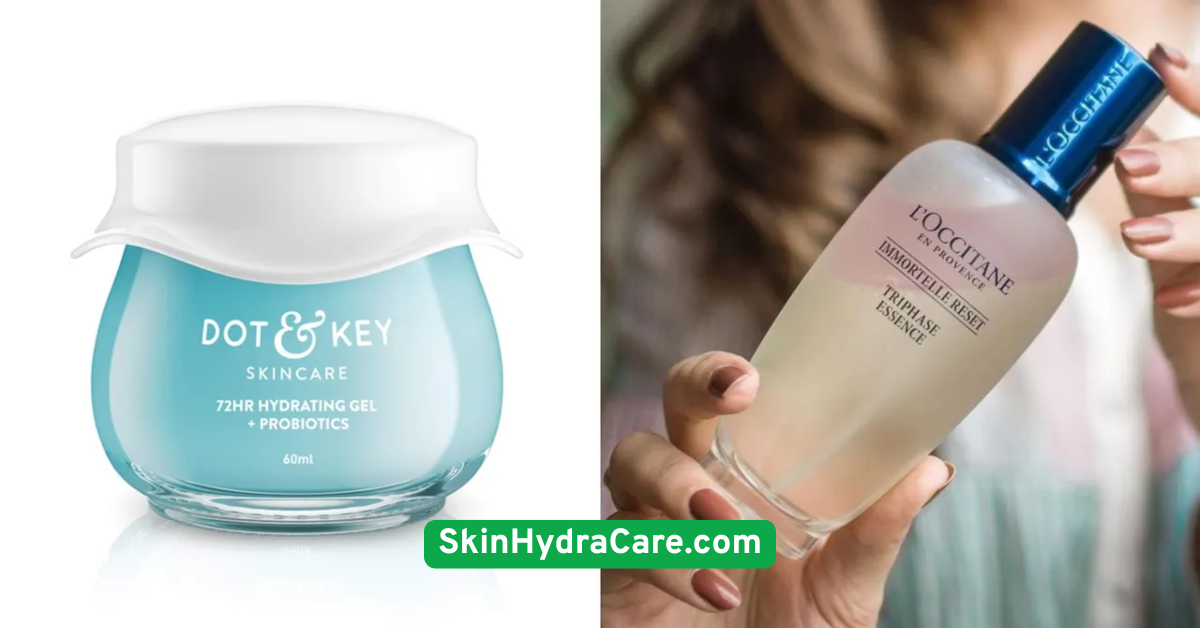
7. Use Sunscreen Daily (Even Indoors!)
Sunscreen isn’t just for beach days. UV rays sneak in through windows and screens too. Use a mineral sunscreen with zinc oxide or titanium dioxide.These are less likely to cause reactions and offer broad-spectrum protection. Reapply every 2–3 hours when exposed to the sun.
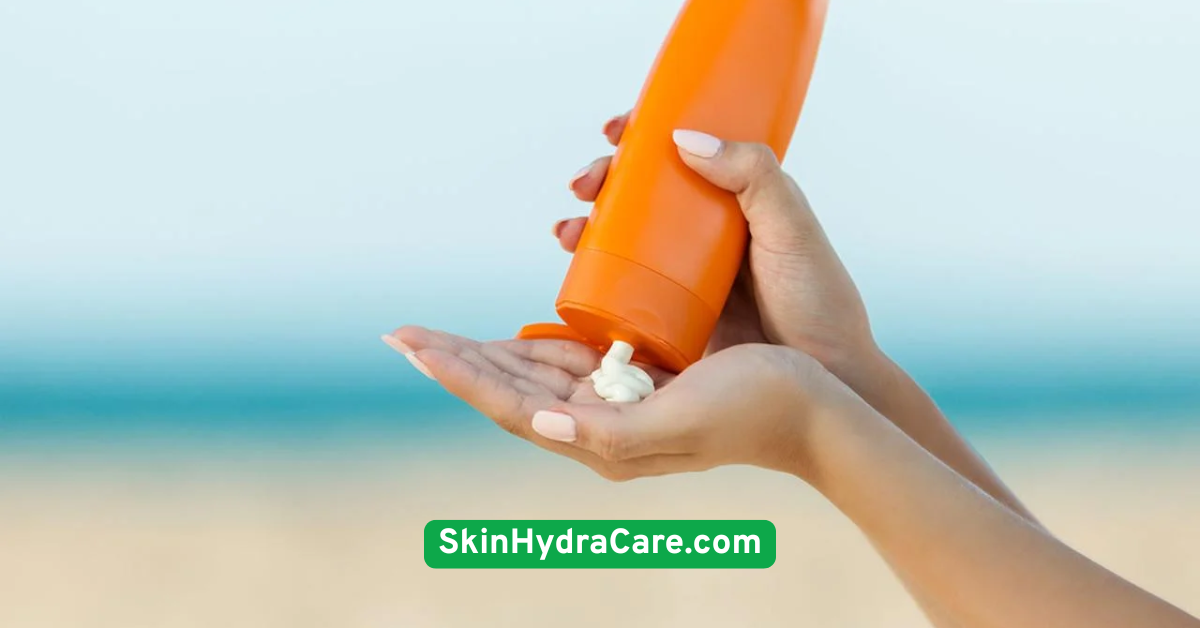
8. Avoid Over-Exfoliating
Exfoliation is important—but overdoing it can destroy your skin’s barrier. Limit use to once or twice a week. Choose gentle chemical exfoliants like lactic acid or PHAs.Avoid gritty scrubs with walnut shells or microbeads. Your skin isn’t a floor—don’t scrub it like one!
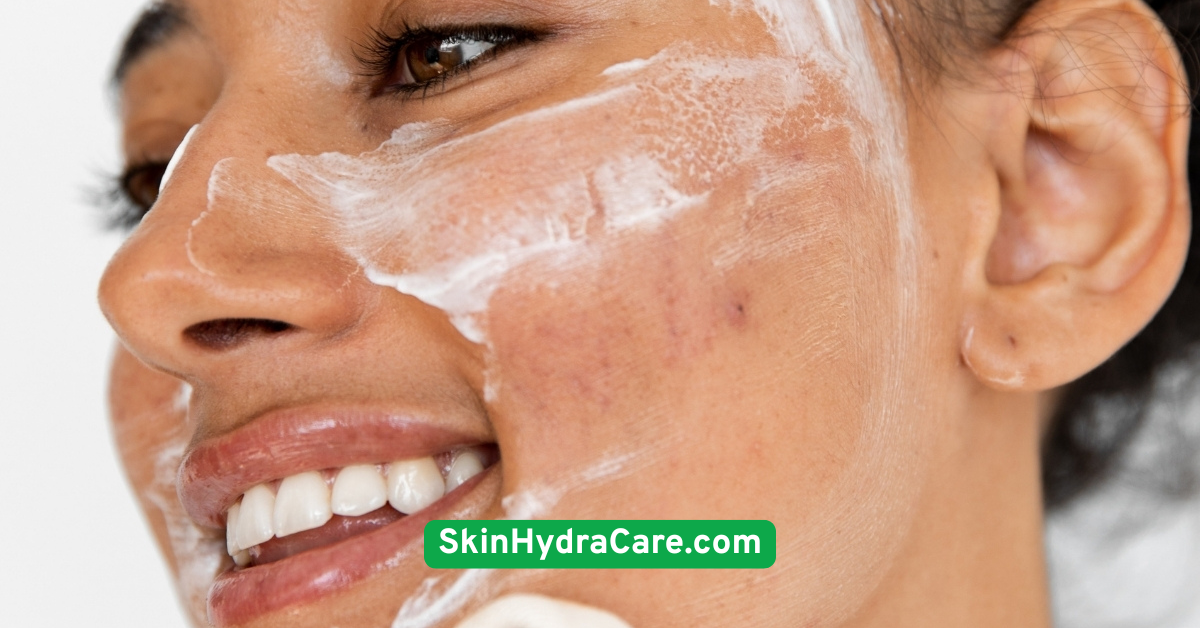
9. Introduce One Product at a Time
Trying five new products at once is a recipe for disaster. If something causes irritation, you won’t know which one it was.Introduce new items slowly, giving each one at least two weeks before adding the next. This makes it easier to identify triggers.

10. Use Lukewarm Water for Everything
Hot water feels soothing in the moment but can wreak havoc on sensitive skin. It removes essential oils and can lead to tightness and flaking.Lukewarm water is ideal for face washing, rinsing masks, and even showers. Your skin will feel softer and more balanced.
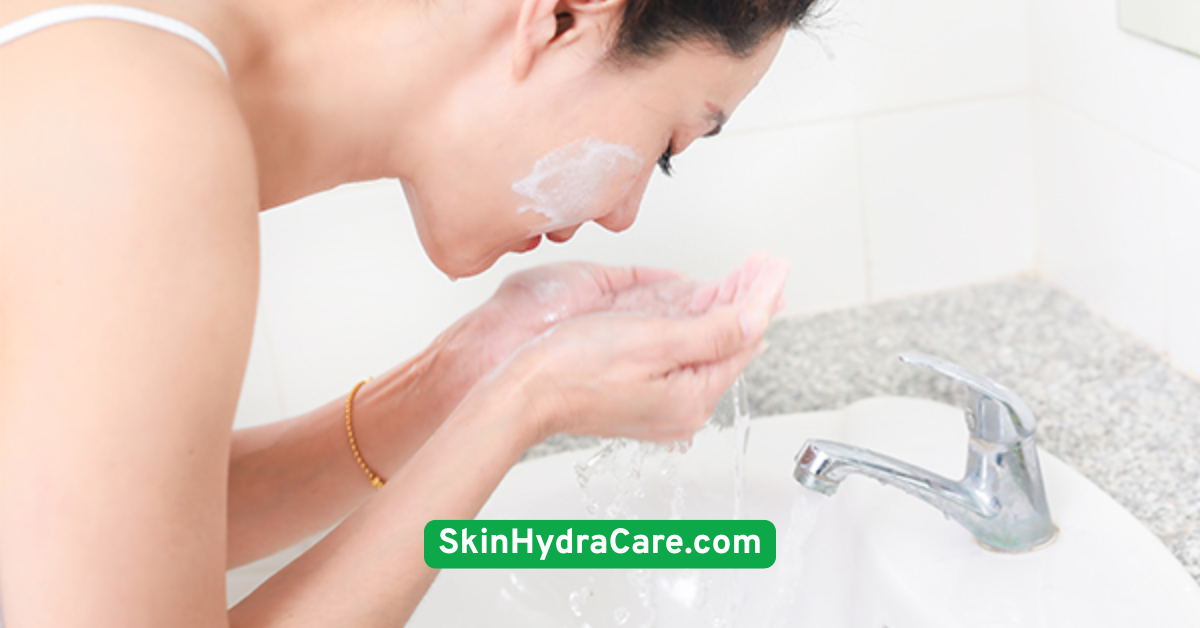
11. Avoid Harsh Scrubs
Scrubs with large, rough particles damage the surface of your skin. If exfoliating, use enzyme-based or chemical exfoliants.If you prefer a physical method, opt for a soft muslin cloth or konjac sponge.
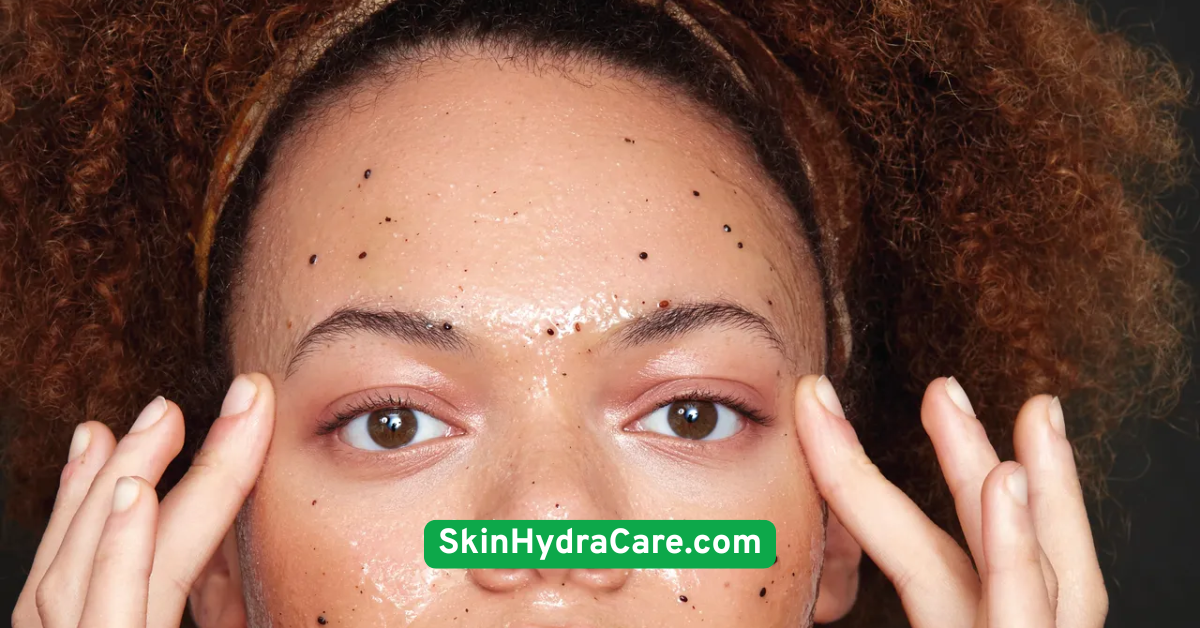
12. Choose Hypoallergenic Products
Hypoallergenic doesn’t guarantee zero irritation, but it reduces the chances. Especially important for moisturizers, cleansers, and masks.Look for brands that focus on minimalist, dermatologist-tested formulas.
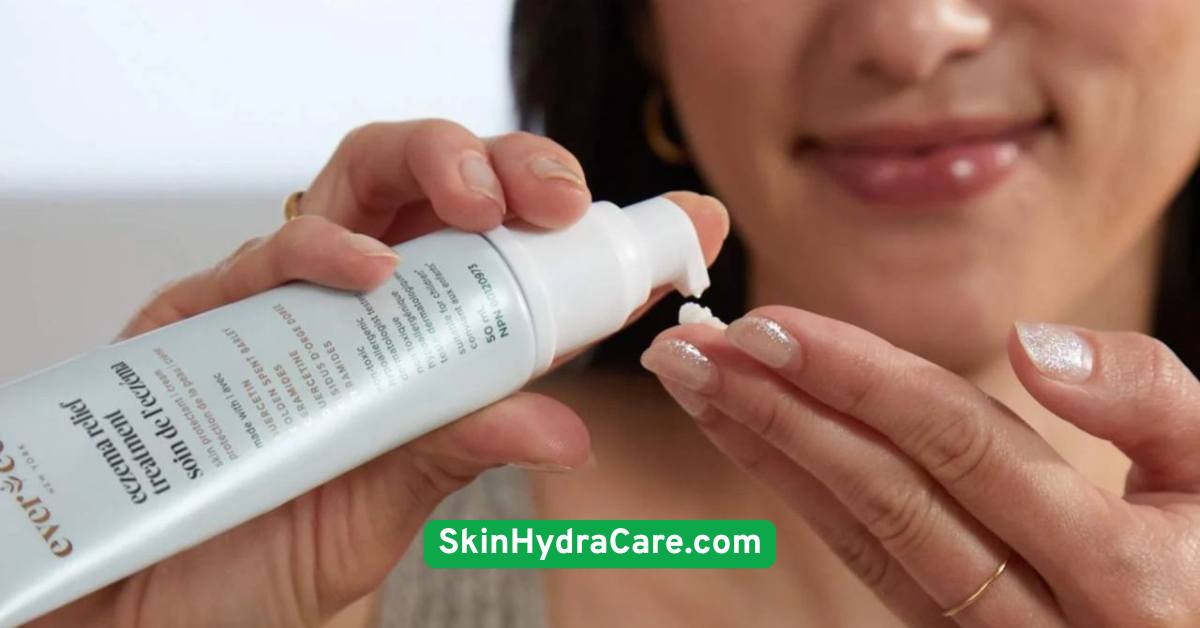
13. Watch Out for Essential Oils
Essential oils like tea tree, lavender, and citrus may seem “natural,” but they’re common irritants.If you use them, make sure they’re highly diluted. But for truly sensitive skin, it’s best to avoid them altogether.

14. Keep Your Hands Off Your Face
Touching your face transfers oils, bacteria, and dirt. It can trigger breakouts, redness, or worsening of irritation.If your skin is inflamed, hands off! Let it heal without interference.
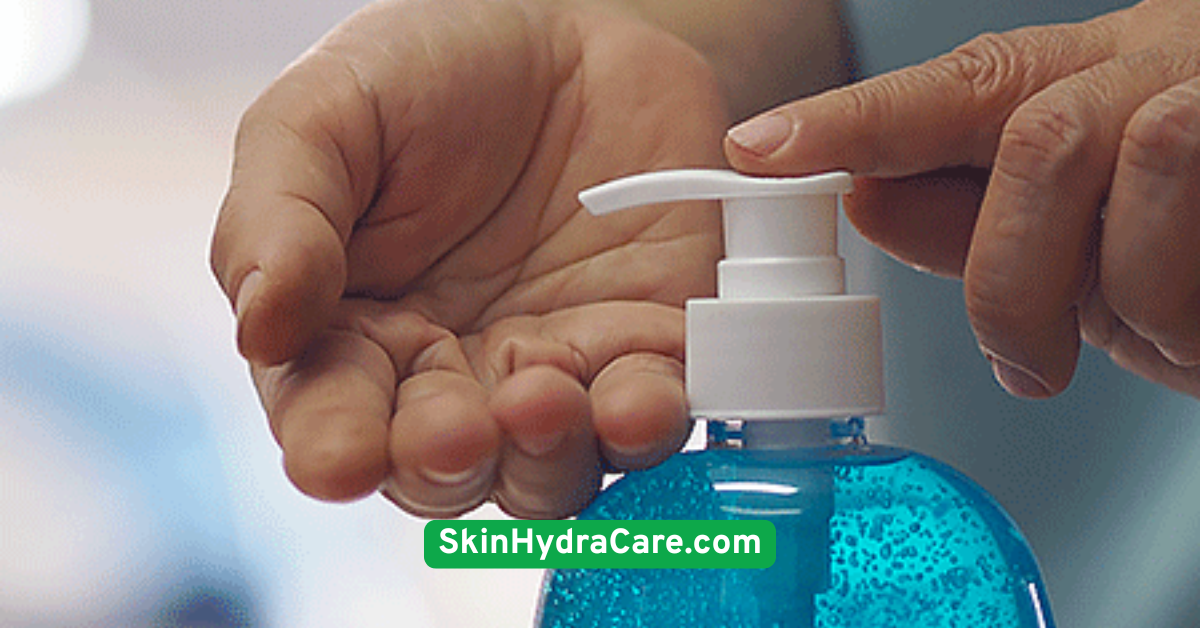
15. Use Products with Colloidal Oatmeal
Colloidal oatmeal is a natural anti-inflammatory that soothes itchiness and redness. It’s perfect for irritated, eczema-prone, or dry skin.Look for it in creams, cleansers, and overnight masks.
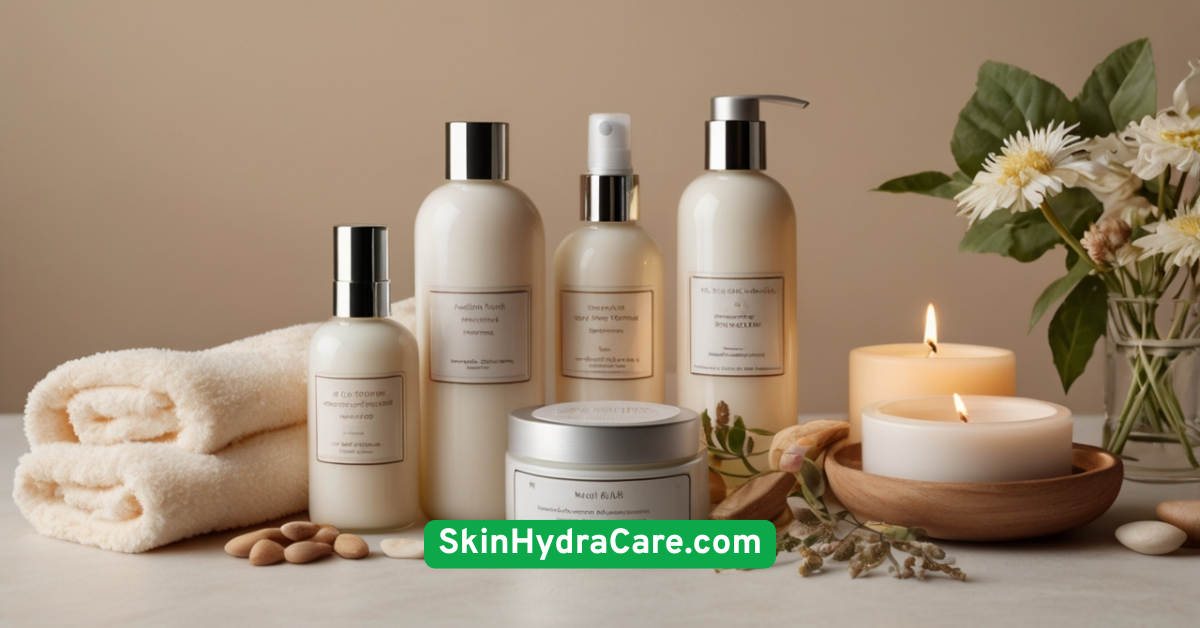
16. Stay Consistent with Your Routine
The more consistent your routine, the better your skin will behave. Jumping between products can lead to unexpected reactions.Stick to what works. Give each product time—at least 4 to 6 weeks—to show real results.
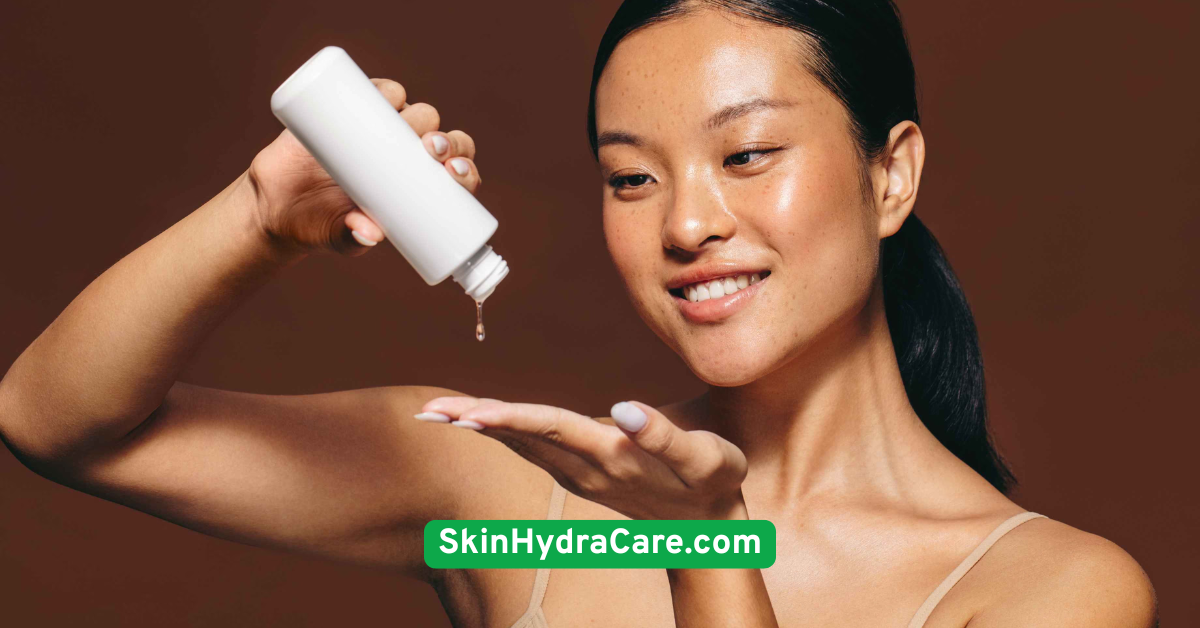
17. Limit Retinoid Usage
Retinoids are powerful, but they can be intense for sensitive skin. Start with a low concentration (like 0.25%) and use it just 1–2 nights per week.Buffer with a rich moisturizer and avoid using it alongside exfoliating acids.
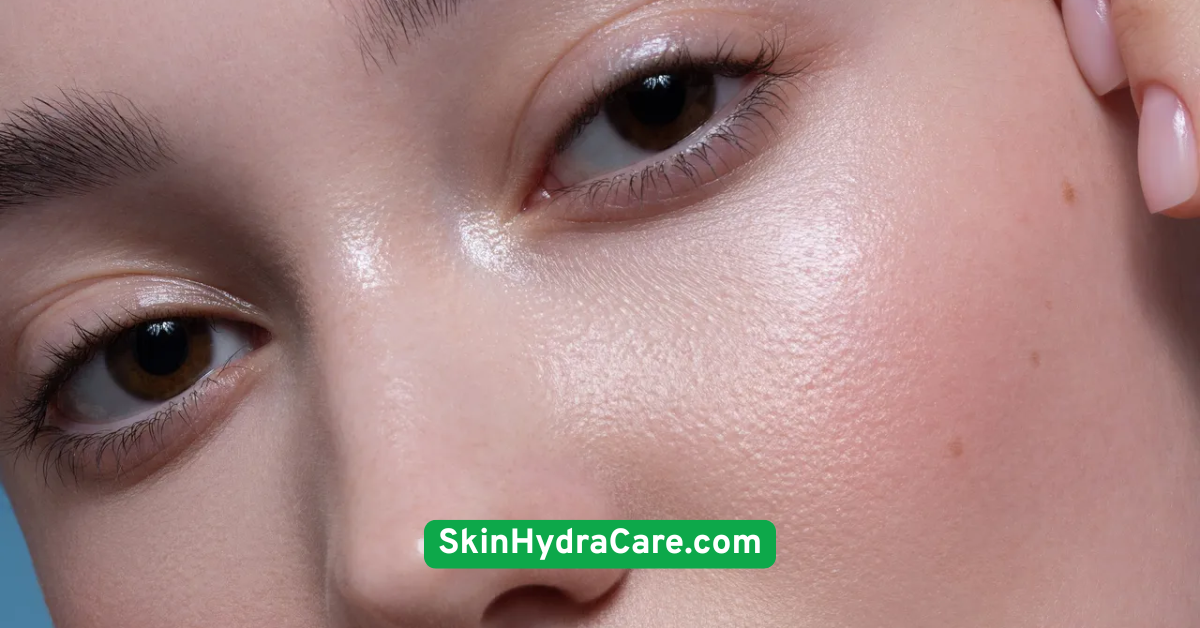
18. Try Aloe Vera Gel for Redness
Aloe vera is cooling, soothing, and anti-inflammatory. Look for pure aloe gel with no added alcohol or artificial dyes.Store it in the fridge for an extra calming effect during flare-ups.
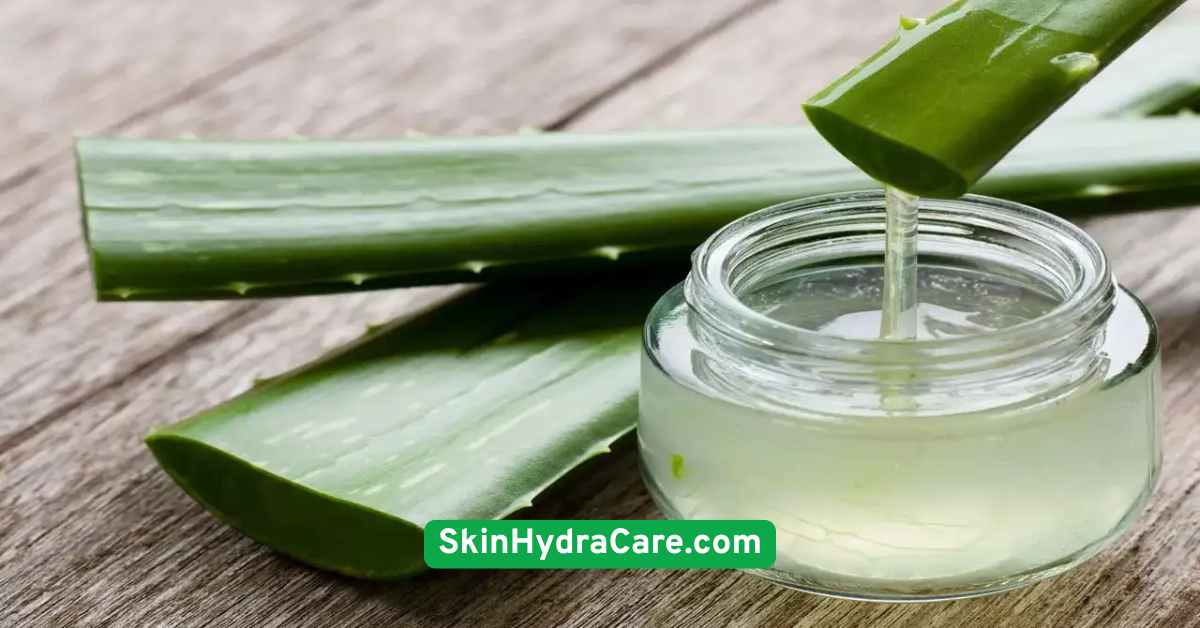
19. Avoid Face Wipes
Face wipes are harsh on your skin. Many contain alcohol, fragrance, or preservatives that disrupt the barrier.Use micellar water and a cotton pad for gentle makeup removal.
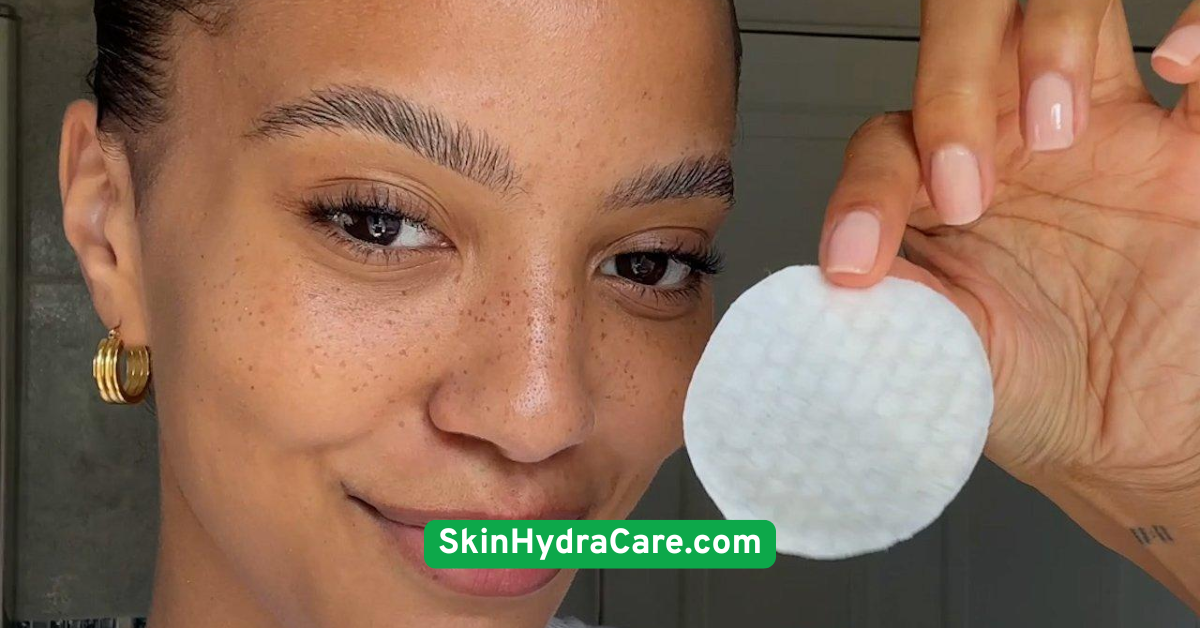
20. Hydrate From Within
Glowing skin starts on the inside. Drink 8–10 glasses of water daily. Add water-rich foods like cucumber, berries, and watermelon to your diet.Hydrated skin is more elastic, plump, and resistant to irritation.
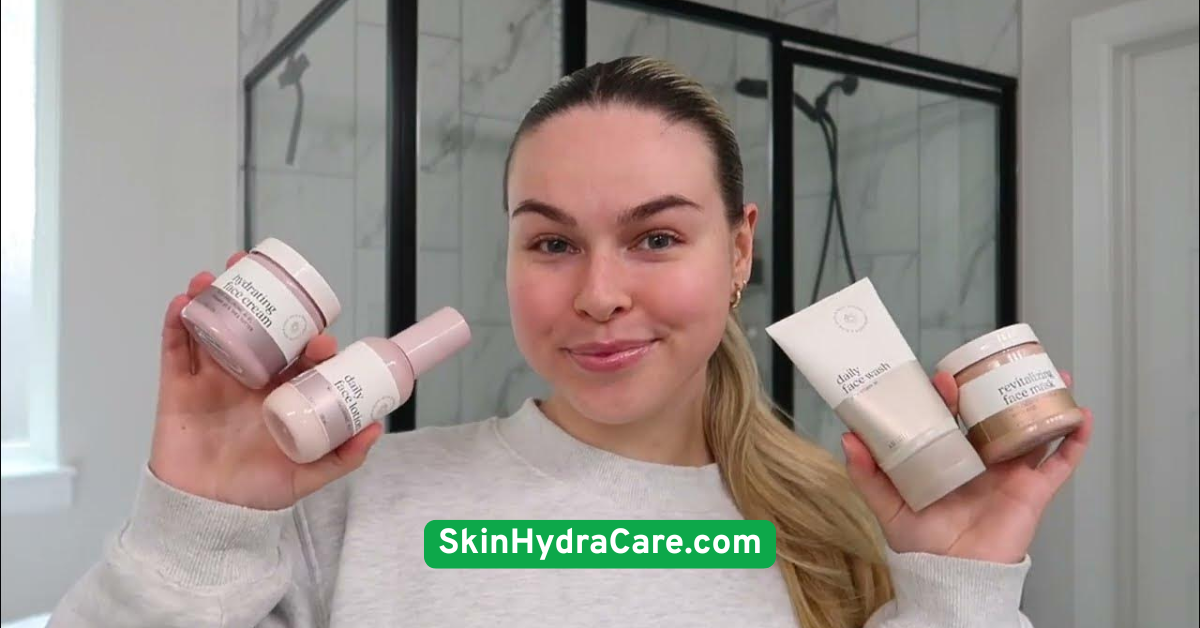
21. Opt for Silk Pillowcases
Traditional cotton can tug and absorb your skincare. Silk is smoother and less abrasive, especially for sensitive skin.It also helps reduce hair breakage and is naturally hypoallergenic.

22. Use a Humidifier in Dry Weather
If the air is dry, your skin will be too. A humidifier adds moisture to your room and helps prevent dehydration while you sleep.This is especially helpful during winter or air-conditioned months.

23. Don’t Skip Moisturizing After Showering
Moisturize immediately after stepping out of the shower to lock in hydration. Your skin is most absorbent when it’s slightly damp.Choose body lotions with shea butter, ceramides, or natural oils like jojoba or sweet almond.

24. Limit Long, Hot Showers
A long, hot shower might feel luxurious—but your skin disagrees. Keep showers short and warm, not hot.Moisturize right away to prevent post-shower dryness and irritation.

25. Avoid Using Expired Products
Expired skincare can harbor bacteria or break down into irritating compounds. Always check expiry dates and shelf life after opening.If a product has changed color, texture, or smell—toss it.
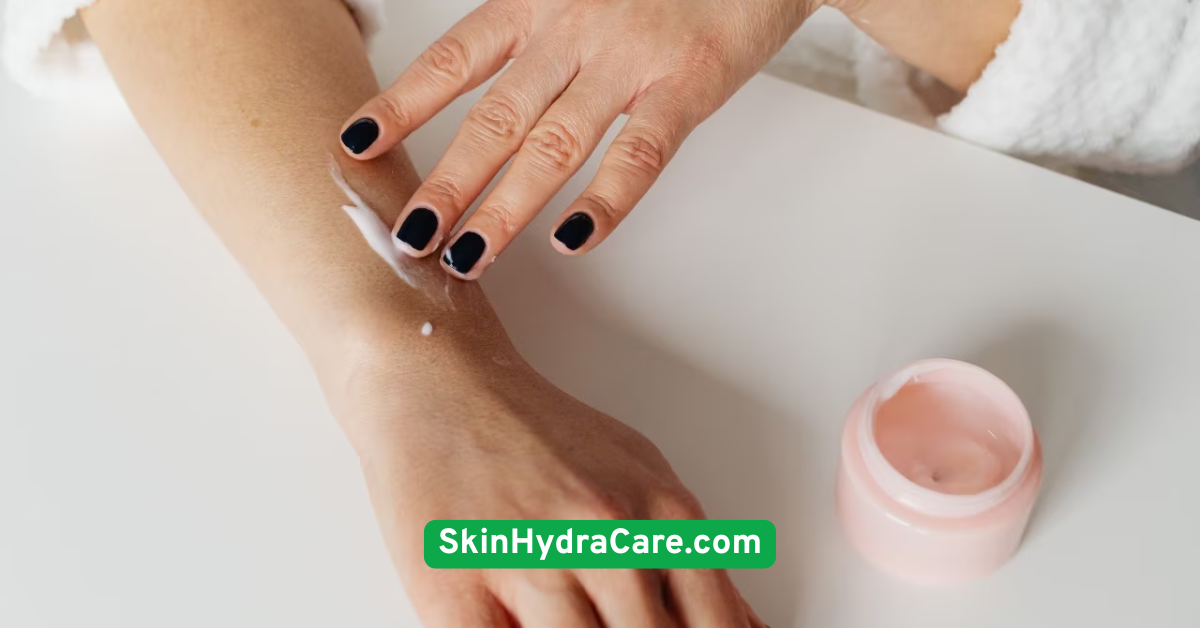
26. Use Non-Comedogenic Products
If you’re prone to breakouts, choose products labeled non-comedogenic. They won’t clog pores or contribute to acne.These are perfect for sensitive, oily, or combination skin types.
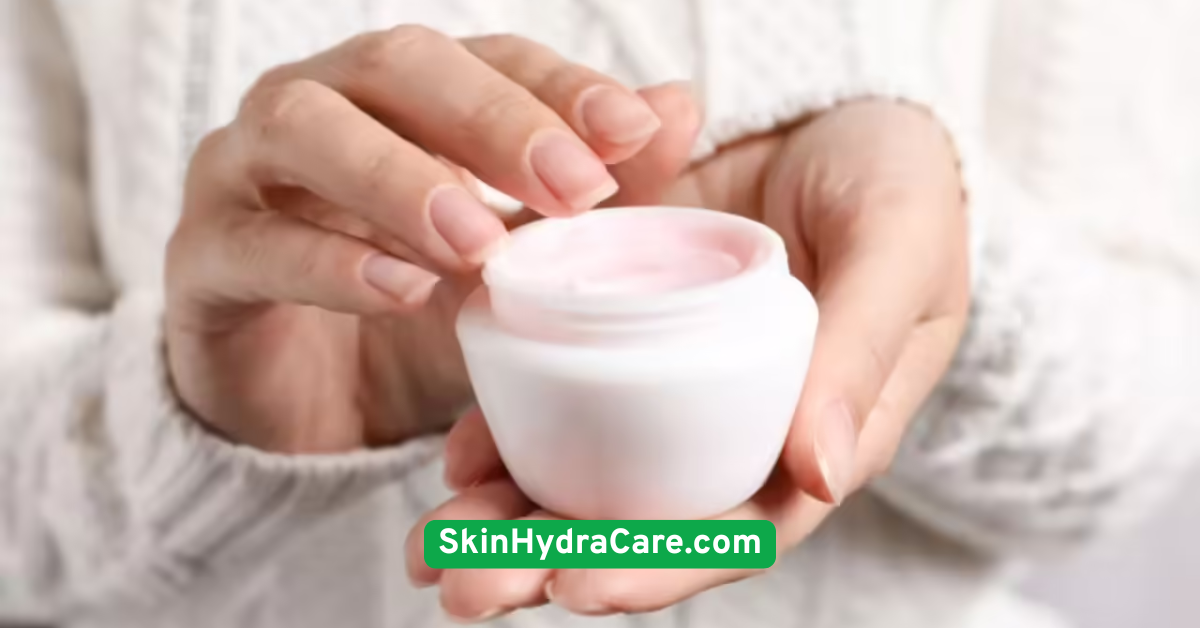
27. Avoid Touching Active Breakouts
Popping or picking at pimples can lead to scarring, infections, and worsened inflammation.Use spot treatments with salicylic acid, sulfur, or benzoyl peroxide, and be patient.
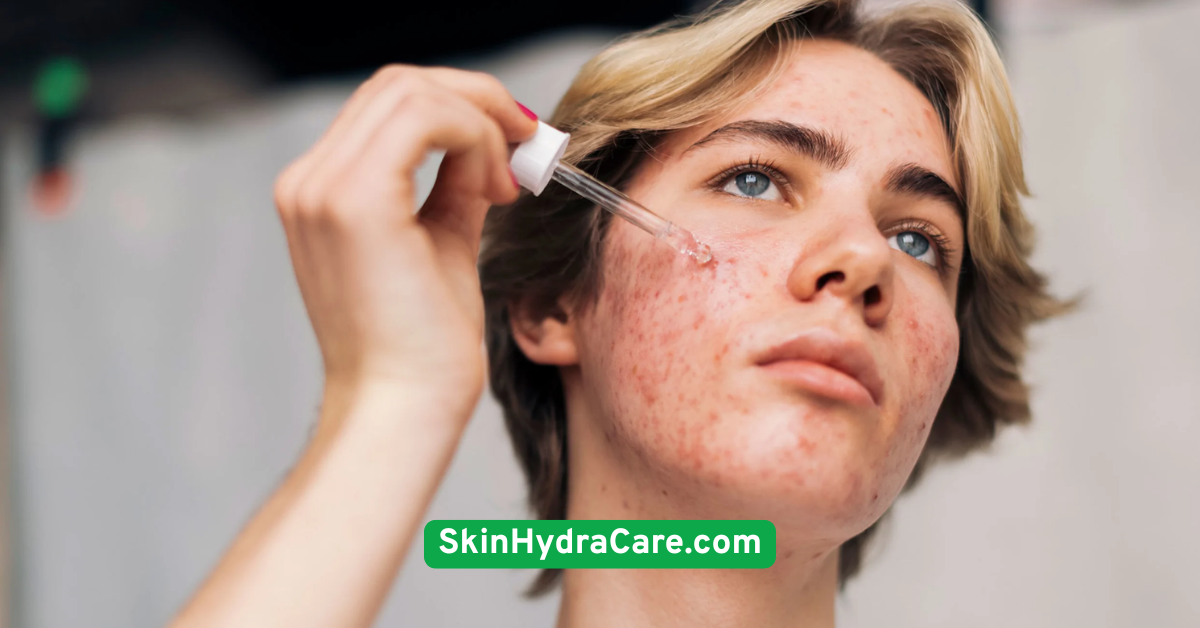
28. Use Green Tea-Infused Products
Green tea is packed with antioxidants that calm and rejuvenate the skin. It’s especially helpful for redness and inflammation.Look for it in toners, moisturizers, and sheet masks.
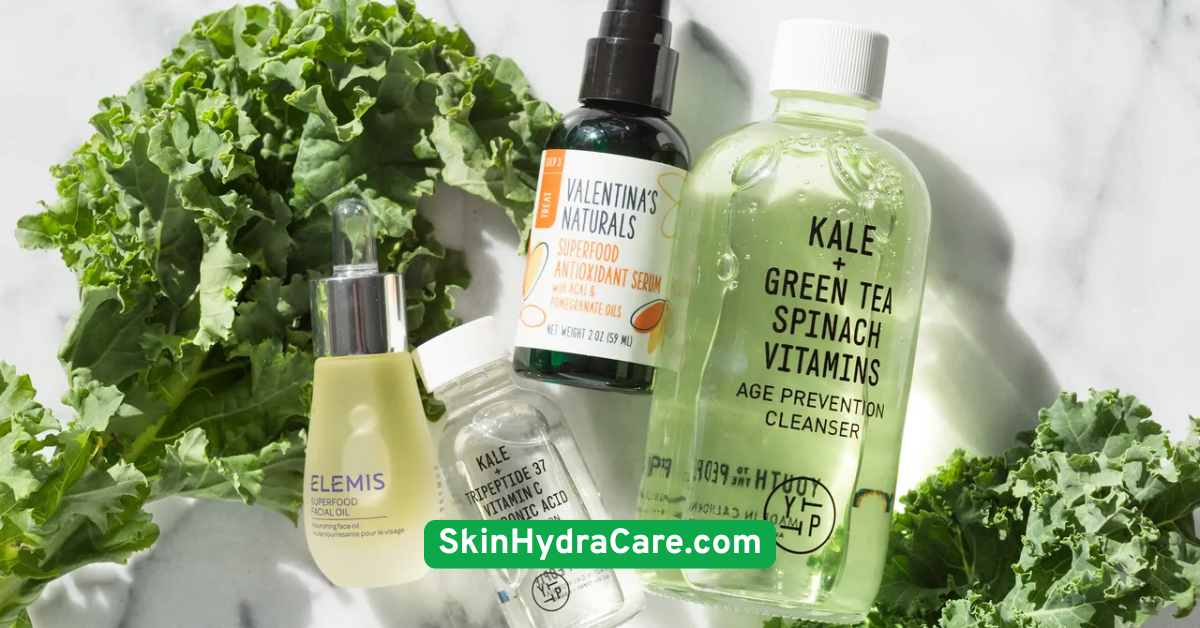
29. Minimize Makeup When Irritated
If your skin is flaring up, give it a break. Avoid heavy foundations or products with fragrances.Choose mineral makeup, and always cleanse thoroughly at the end of the day.

30. Listen to Your Skin
This might be the most important tip of all. If something stings, burns, or itches—stop using it. Trends don’t know your skin better than you do.Pay attention to how your skin reacts, and don’t be afraid to go back to basics.

Conclusion
Soothing sensitive skin doesn’t require a 10-step routine or expensive products. All it takes is consistency, gentle ingredients, and a little patience. These 30 skincare tips are designed to help you avoid irritation and support your skin’s natural resilience.Remember to choose products mindfully, hydrate from the inside out, and trust your instincts. The road to calmer, healthier skin is paved with small, thoughtful steps—and you’re already on your way!
